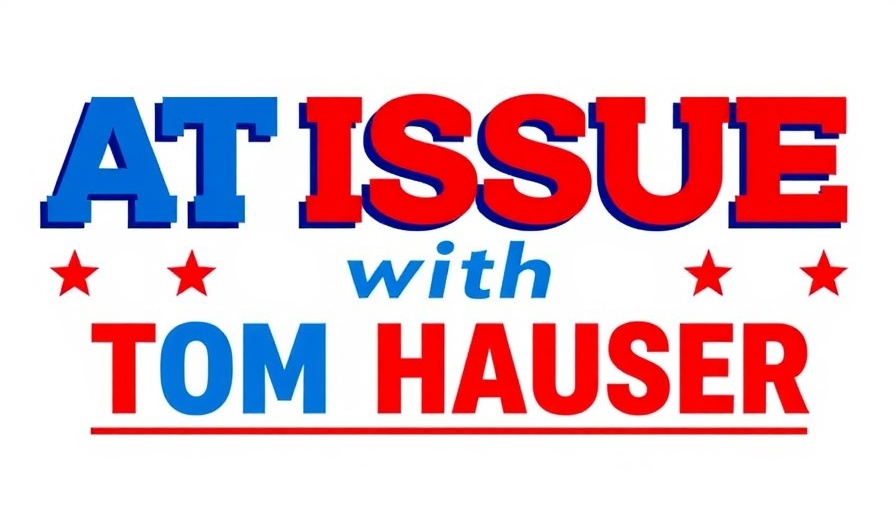
The Rise of Minnesota's Social Media Tax
This week in the Minnesota Senate, a groundbreaking measure has garnered attention—a proposed social media tax aimed at generating new revenue for the state. If passed, Minnesota would become the first state to implement such a tax, potentially leading to a trend that could spread across the nation. Leaders within the Senate Tax Committee passed a bill that could raise approximately $365 million over the next two years, and further $370 million in subsequent years.
However, this move is not without contention. Many Republican lawmakers express strong opposition, arguing that it represents an unnecessary burden on taxpayers after Minnesota already imposed a hefty $10 billion tax increase in 2023. This debate adds a layer of complexity as negotiations unfold regarding the broader state budget, highlighting a critical moment in Minnesota's fiscal policy.
Budget Negotiations: A Tenuous Balancing Act
Alongside the social media tax, another crucial issue is the state’s budget negotiations. DFL leaders are engaging in intense discussions, with both House and Senate leaders participating in marathon negotiations aimed to reach consensus before the looming May 19 deadline.
Among the key topics on the table are critical social support issues, including the provision of unemployment insurance for hourly school employees and access to state healthcare for undocumented immigrants. The outcome of these negotiations is pivotal not only for budgetary alignment but also for the welfare of many residents who rely on state support.
Establishing the Office of the Inspector General
In an effort to bolster accountability, the Minnesota Senate has passed legislation to create an independent Office of the Inspector General. This new office intends to address and investigate potential fraudulent activities involving state funds to maintain integrity and trust between the government and its constituents.
The Inspector General's office is designed to conduct investigations when reasonable suspicion arises in entities that receive state funding, which could encompass both public and private organizations. However, as this legislation makes its way through the House, it will require substantial negotiation to resolve differences in the Senate and House proposals.
Looking Ahead: What These Developments Mean for Minnesotans
The implications of these legislative actions are profound. If the social media tax is enacted, it will not only signal a shift in how states can monetize digital platforms but could set a model for other states contemplating similar measures. Also, the budget negotiations will significantly impact public services and individuals' quality of life across Minnesota.
Moreover, the establishment of the Office of the Inspector General represents a proactive measure to tackle corruption and enhance transparency within the state's operations. For Minnesota, these developments are not an isolated event, but rather a part of a larger discussion on the intersection of technology, accountability, and social welfare.
Conclusion: The Broader Impact on Minnesota’s Future
As Minnesotans await the finalization of these critical measures, the effects are set to reverberate through various facets of daily life and governance in the state. Understanding these changes early can empower residents and stakeholders to voice their opinions and engage meaningfully in discussions surrounding state policy.
For those looking to shape their brand strategy in light of these evolving issues, consider exploring your brand voice today.
 Add Row
Add Row  Add
Add 




Write A Comment